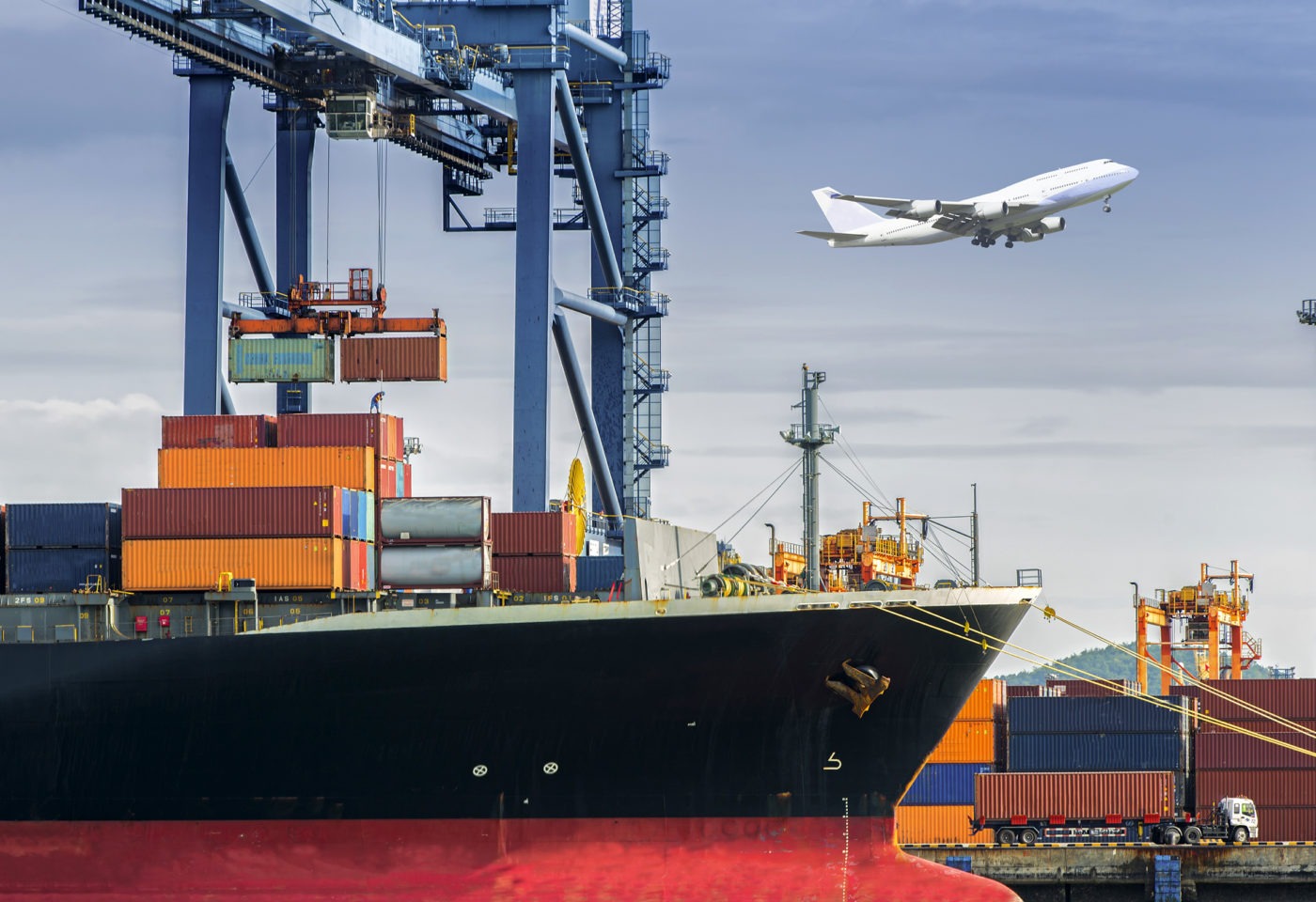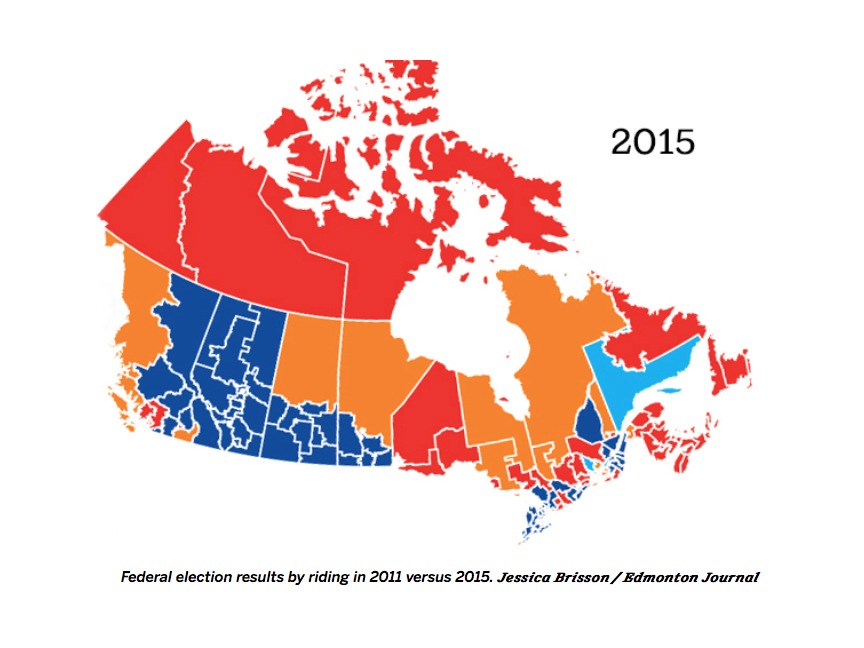The election is over and we’ve got a Trudeau in Ottawa. Western Canadian issues haven’t changed much, however, since the last Trudeau.
The West still needs to get our food, energy and materials to the world market and we are afraid that Trudeau will get in the way. The energy sector is most concerned – there is a reason that the dark blue on the electoral map almost perfectly traces western oil and gas deposits (with some exceptions in our cities).
If you listen carefully, you can hear the echo of the old western alienation rallying cry: “The West wants in!”
Yet, this is not 1980. The new West is stronger and more confident. The rallying cry of the new West sounds more like: “The West wants out!”
To be clear, we don’t want out of Canada. Rather, western Canada wants to compete in the world for market share.
Canada has had it pretty good over the years. Democracy and the rule of law are non-negotiable. Our natural resources endowment is unsurpassed. And, we won the location lottery – we have had preferential access to the world’s most voracious consumer, the United States, for decades. For years, this was enough to ensure economic success.
But the world is changing and Canada is going to have to learn to compete if our children are to enjoy the quality of life we are accustomed to. The Trans-Pacific Partnership (TPP) will give nine other countries preferential access to the U.S. market. It will also open other Pacific markets for Canadian goods and services. Put simply, Canada has the food, energy and materials that the world needs and we have ready access to these markets but we have to be willing to compete.
Despite our distinct advantages (or, perhaps, because of them) we struggle to compete. Our production and transportation costs are too high. We need better rail crossings, border crossings, highway corridors, ports and intermodal hubs. Our essential skills (literacy, math and communication skills) need to improve. We need better performance on global innovation indices. We can’t compete if we don’t fix these things.
It isn’t enough to bring costs down. We also need to rebuild public support for our natural resources economy. Sometimes this means reminding central Canada that western dollars flow east to subsidize their social programs. It also means taking a good look in the mirror.
The Canada West Foundation’s research shows that Canadians understand the economic argument; they get that the natural resources sector provides good jobs and economic benefits to the country. Many Canadians, however, do not believe that we have struck the right balance on greenhouse gas emissions. Many also believe we have not done enough to align Canadian economic interests with the ambitions of Aboriginal, rural and northern communities. All of this means that we have trouble building new power lines and pipelines.
The West is at the epicentre of these debates and a strong and confident western Canada should lead the way. This means developing smart climate policy that shows Canadians (and the world) we are addressing the issue while ensuring our economic competitiveness.
Perhaps we should implement aggressive climate policy and offset it with equally aggressive cuts to corporate tax or royalties. After all, no one at Paris will care about our corporate income tax rate – they will, however, care deeply about how we price carbon. We also need to find new ways to align Canadian economic interests with the ambitions of Aboriginal, rural and northern communities – communities that want to share in the benefits derived from selling our food, energy and materials to the world. None of this will be easy, but it is possible.
2015 is not 1980. The West has grown up. The new West is stronger, more confident and ready to lead, regardless of who lives at 24 Sussex Drive.
— Trevor McLeod, Director of the Centre for Natural Resources Policy

